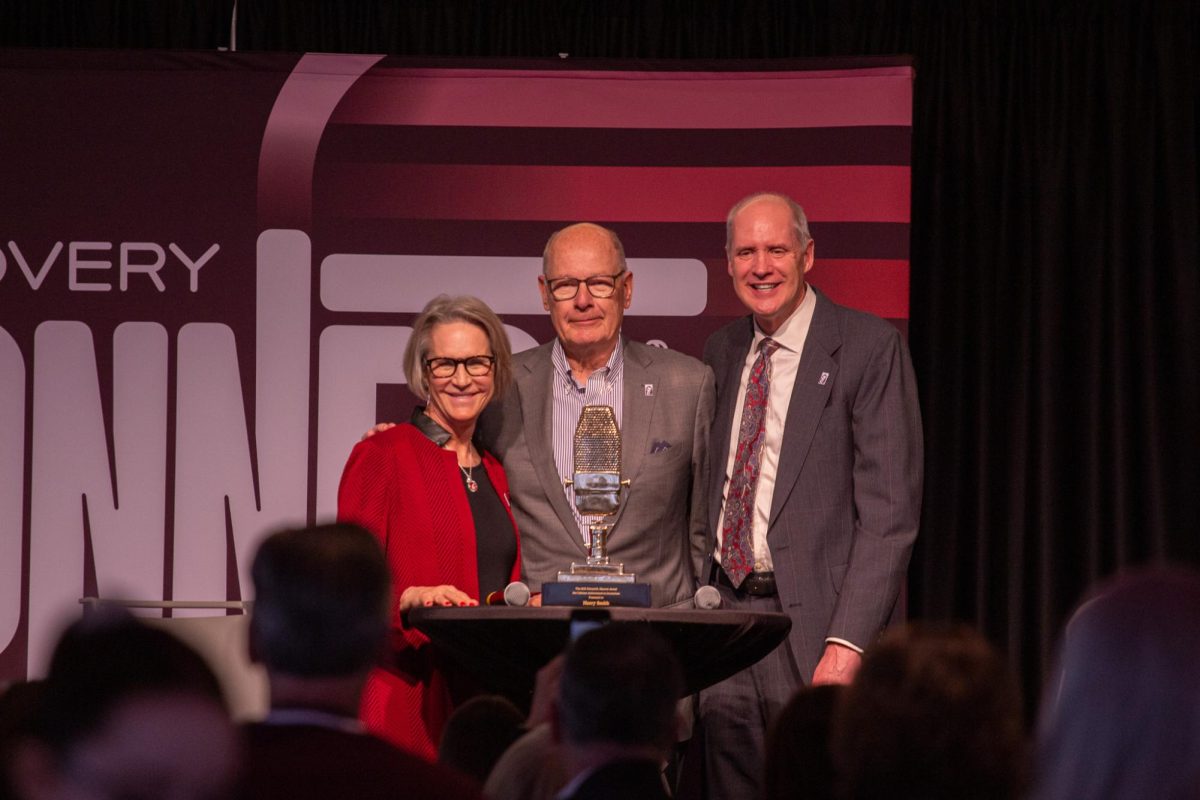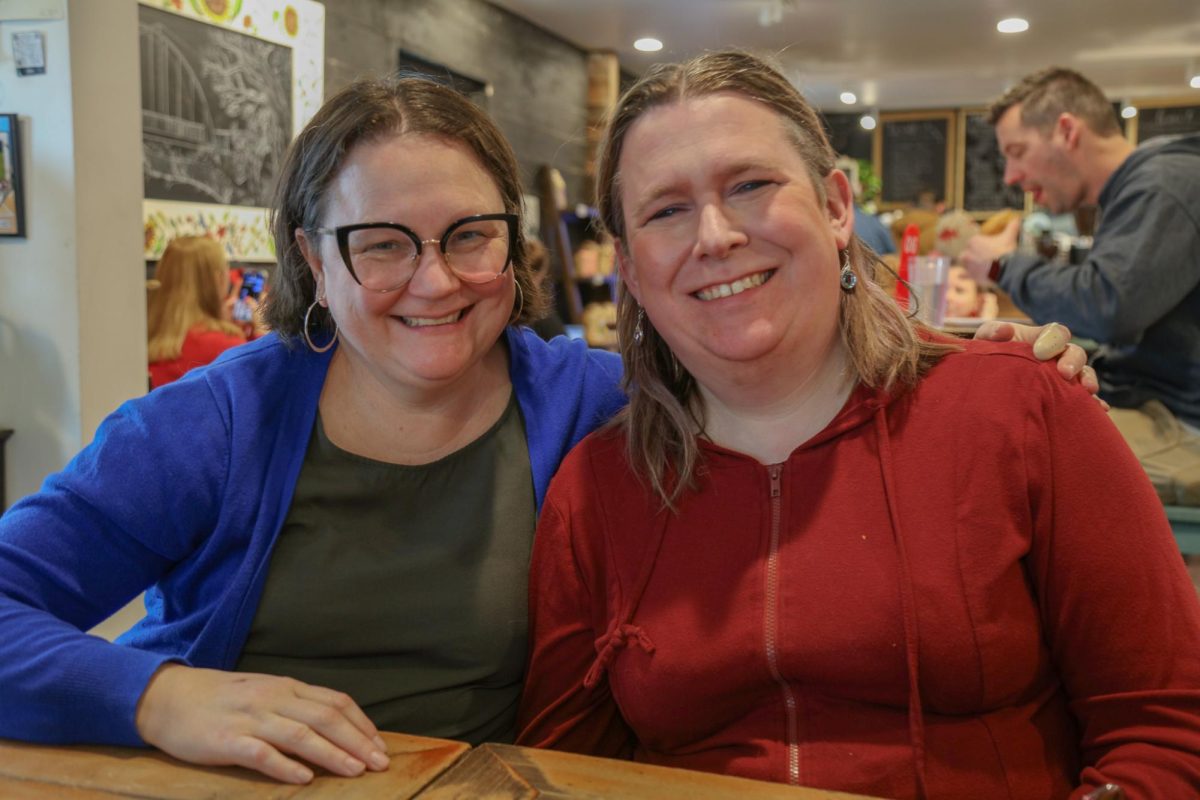Dear Life Section,
I am a graduating senior and I am actively seeking employment after graduation. I know I should be using my free time during spring break to apply for jobs, but I keep procrastinating. The process feels overwhelming and I struggle to stay motivated and confident. How can I make job applications feel less daunting and more manageable?
Sincerely,
Senior Job Hunter
Dear Senior Job Hunter,
You are definitely not alone. Many students graduate together, and each one is experiencing similar application fatigue and stress. While realizing this can help you feel less isolated, it can also add to the stress of competing in the job market.
Getting started on applications is a huge step in itself. Try breaking the process into digestible steps: Research potential jobs first, tailor your resume accordingly and then write cover letters before submitting applications. Setting manageable deadlines will help you avoid burnout and make your progress feel more like relief than stress.
Create an application tracker in a spreadsheet or notebook. Include details such as the date of submission, job title, contact person and links to check application status. This will help you follow up appropriately without losing track of opportunities.
Tailor your resume by adjusting details relevant to each job position. You can seek guidance from the Academic Success and Career Center for resume reviews, application tips and interview preparation.
While spring break is a great time to focus on job applications, don’t forget to network. Use LinkedIn to connect with alumni and potential colleagues. Personalize your connection requests by explaining why you are reaching out to increase your chances of a response.
Set up informational interviews with professionals—virtually or in-person—to learn from their experiences, explore career paths and seek job opportunities. Attending virtual career fairs is also a great way to network with peers and potential recruiters.
Reach out to your professors and mentors. They often have industry connections that can provide job leads, references and guidance to get you started.
To keep yourself accountable throughout the process, share your goals with a close friend or family member. Having someone check in on your progress can help keep you motivated.
When you land an interview, take the opportunity to make a strong impression on the hiring team. Practice common interview questions and take part in mock interviews with advisors, professors or peers to build confidence.
Be prepared for setbacks and rejections—they are a part of the journey and a learning opportunity. Don’t let them go to waste. If possible, ask for feedback to refine your approach.
Finally, remember this is an ongoing process, not a sprint. Don’t forget to take breaks and recharge.
Sincerely,
The Life Section











